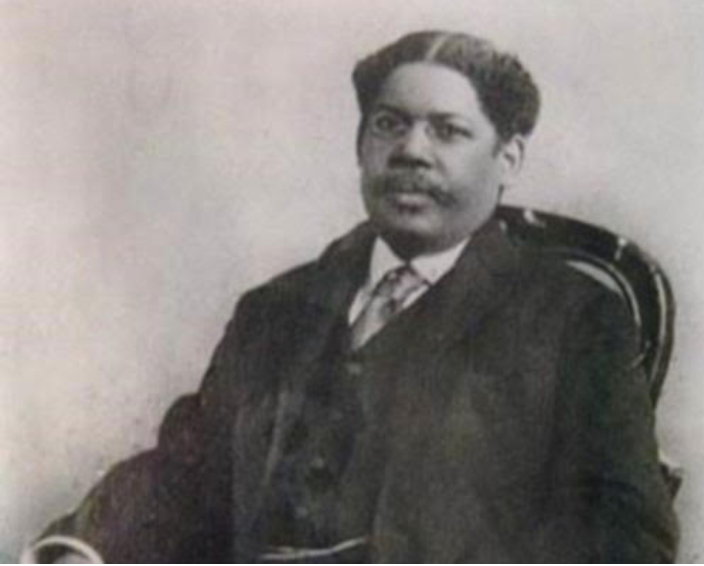To promote a peaceful transition to a Cuba that respects human rights
and political and economic freedoms

The New York Times Recognizes Systemic Racism in the Castro Regime but Leaves Some Important History Out
The New York Times on Saturday published an opinion piece by French journalist and essayist Jean François Fogel that reports that Cuba under the Castro dictatorship is "a segregated society: 70 percent of black and mixed-race Cubans said they didn’t have access to the internet, compared with 25 percent of white Cubans. The racial wealth gap was also vast: While 50 percent of white Cubans had a banking account, only 11 percent of black Cubans said they had one. Moreover, white Cubans received 78 percent of remittances to Cuba, and they controlled 98 percent of private companies."
However Fogel fails to give an accurate representation of what came before the Castro revolution, and ignores the protagonism of black Cubans in the struggle for independence, and in Cuba's Republic. While the journalist cites the 1912 massacre of nearly "3,000 Afro-Cubans, many of whom had fought in the independence wars against Spain." He fails to mention the prominent role of Black Cuban political leaders in achieving independence, their leadership in the Republic, and their opposition to race based political parties that inadvertently led to the 1912 massacre. For the sake of brevity will highlight two leaders that had a role in independence and the first decades of the Republic, one who was active in the 1950s, and a present day activist.

Juan Gualberto Gómez
Juan Gualberto Gómez Ferrer (July 12, 1854 – March 5, 1933) who together with José Martí conspired to revolt against Spain. In 1892 he founded the Central Directory of Societies of Color, a network that would spend the next sixty seven years pushing for Black advancement in Cuba. Gómez Ferrer was captured on February 28, 1895 and imprisoned by the Spanish for three years. Upon his release he went to New York and continued the struggle for Cuban independence from exile.
"In December 1898, he accompanied Major General Calixto García to Washington, D.C. as a member of the commission sent to negotiate for the funds necessary for the Cuban Liberation Army and recognition of the rebels." In 1900 he was elected to represent Oriente in the Constituent Assembly. Following independence Juan Gualberto Gómez Ferrer was deeply critical of "the Platt Amendment" stating that it had "reduced the independence and sovereignty of the Cuban Republic to a myth."
He held seats in the Cuban House of Representatives (1914–1917) and Senate (1917–1925), representing the province of Havana. Gómez Ferrer consistently campaigned to defend Black Cubans from discrimination, oppression, and violence. He wrote extensively, and books about him were published in Cuba on the centenary of his birth in 1954.



No comments:
Post a Comment